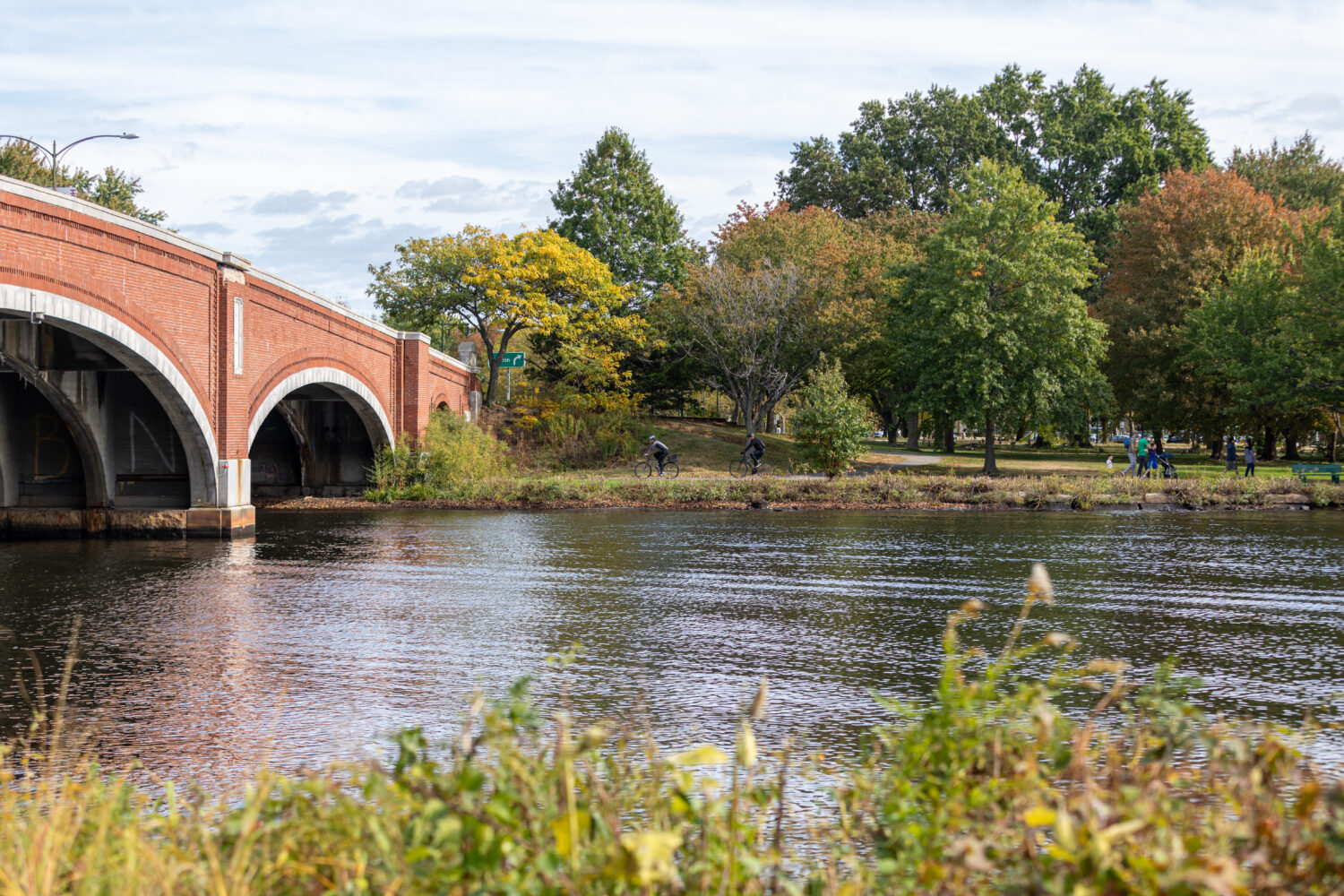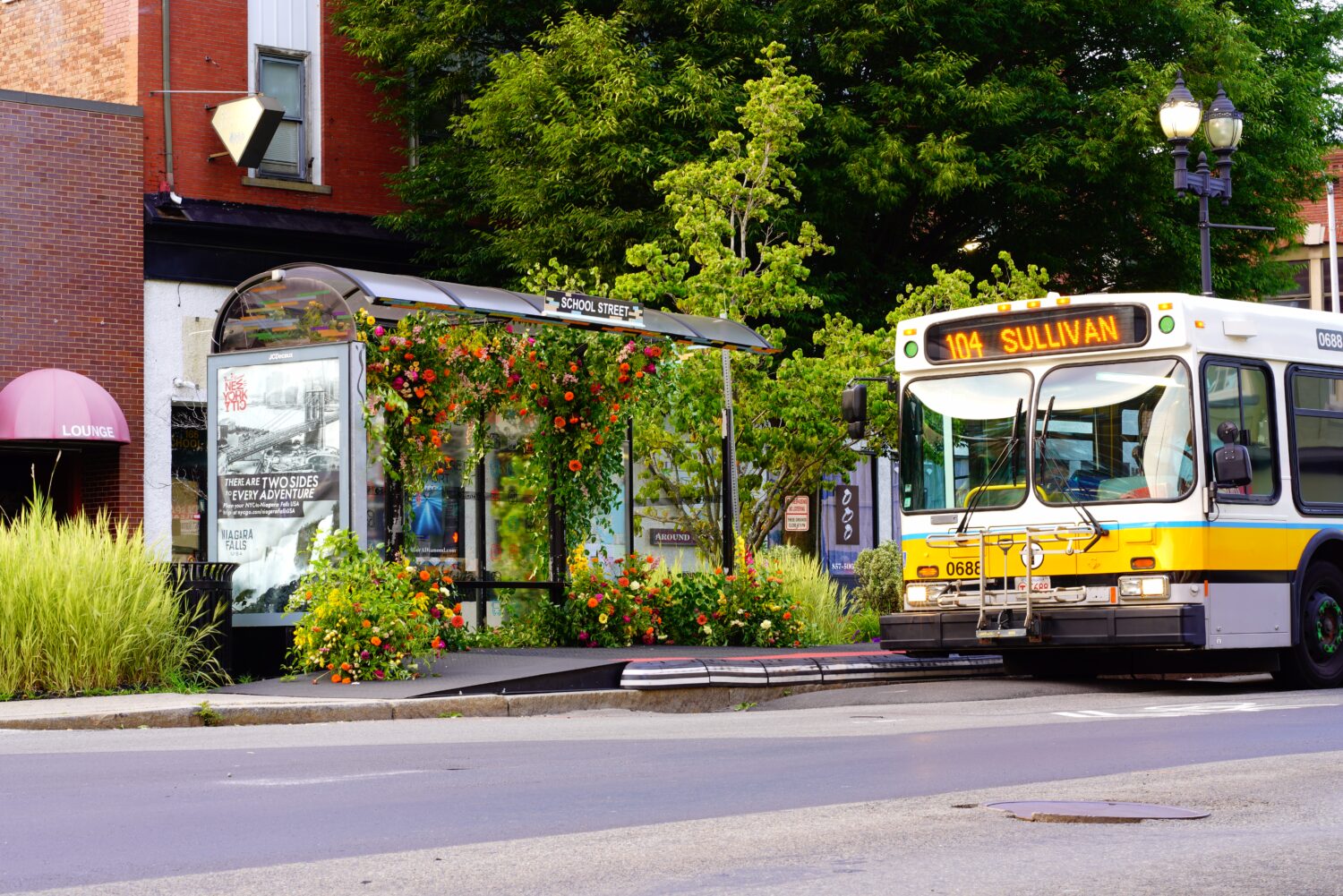For the past three years, the Barr Clean Energy program has polled voters in New England about their opinions on climate change and the clean energy transition in 2021 and 2020.
In May 2022, over 600 registered Massachusetts voters participated in a new survey, conducted by Global Strategies Group. This survey showed Massachusetts voters are optimistic about renewable energy and continue to be concerned about climate change.
In alignment with voters’ views, Massachusetts, policymakers have begun to respond, as evidenced by last year’s landmark climate legislation and the July 2022 Act Driving Clean Energy and Offshore Wind, which the Governor recently signed.
The purpose of the 2022 Clean Energy Survey was to understand how voter attitudes have evolved towards climate change, clean energy, and the transition away from natural gas. The survey also tested the persuasiveness of different messaging.
There are several trends, which have persisted from our previous polling:
- Consistent with our findings from previous polls, Massachusetts voters remain concerned about climate change. Since the 2020 poll, there was a 5% decrease in the number of voters who were unsure if climate change was a problem or thought it was not a problem, signaling an increase in awareness.
- Support for renewable energy has continued to grow. Since our 2020 poll, the percentage of voters who want to see more solar and wind in the energy mix has increased from 88% for solar and 85% for wind to 92% for solar and 86% for wind. Wind and solar are by far the most popular choice for new electricity sources. Voters were considerably more mixed about using additional natural gas or nuclear energy and a greater percentage expressed interest in using less coal and oil.
- As we observed in our 2021 Connecticut poll, Massachusetts voters of color also support the renewable energy transition at a higher rate than the general population. While the majority of voters believe clean energy will protect their communities from climate change, voters of color also believe there will be positive economic impacts from the clean energy transition. These findings reemphasize the importance of centering communities of color and their perspectives in regional energy transition dialogues and policymaking.
For our 2022 poll, we added questions to understand voter awareness regarding the key institutions impacting the clean energy transition and tested voters’ perceptions around some of the Commonwealth’s recent climate goals and commitments.
2022 Poll Findings:
- There is widespread support and optimism for Massachusetts’ transition to renewable energy. Two thirds of voters called a transition to renewable energy realistic, a major shift from the 2020 poll. There was also broad support for policies which would require further energy efficiency and incentivize the transition away from fossil fuels in buildings.
- Voter sentiment on natural gas is evolving. Since 2020, there has been a decrease in voters who think natural gas is safe for home heating or cooking. Voters are also very divided on using more natural gas in the electricity mix with 54% of voters wanting less natural gas and 46% wanting more. Recent science has demonstrated the negative health impacts of natural gas on indoor and outdoor air quality, which may be influencing these trends.
- The survey finds an overwhelming lack of awareness from all voters about ISO-New England, which operates our regional electric grid and plays a large role in the speed of the clean energy transition. Very few voters could identify ISO-New England and even fewer could directly identify its role in the region’s clean energy transition.
We took a deeper dive into the numbers, and pulled out five key data points that can inform the strategies of clean energy advocates to increase awareness and articulate next steps for Massachusetts going forward:
- 85% of voters say climate change is a problem, with 25% of voters calling it a crisis and 37% of voters calling it a very serious problem.

- Two-thirds of voters (68%) believe that a transition to renewable energy is realistic, an increase of more than 10 points since the 2020 poll.

- 69% of voters either do not consider gas to be a form of clean energy (35%) or are unsure (34%),

- A majority of voters (53%) consider renewable energy to be either more reliable or as reliable as fossil fuels like natural gas.

- Only 8% of voters surveyed have heard of ISO-New England and are aware of their role in the state’s clean energy transition.

A link to Global Strategy Group’s full presentation of their findings is also available on Barr’s Knowledge Center via the button below.
Additional coverage:
- “Massachusetts voters see a clean energy future,” (Axios Boston, August 10)
- “Mass. voters of color show greater support for shift toward clean energy,” (WGBH, August 10)




